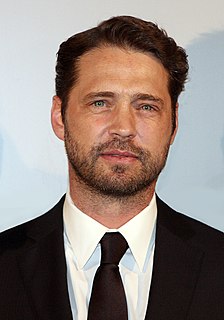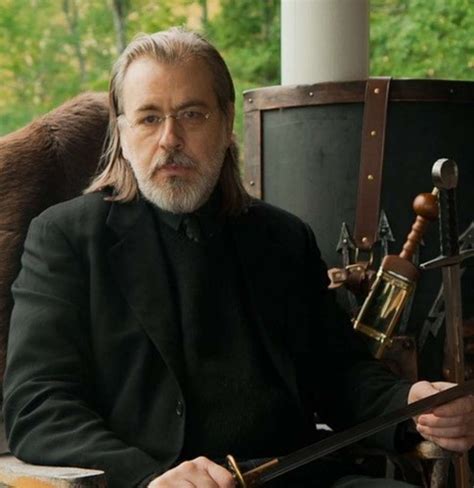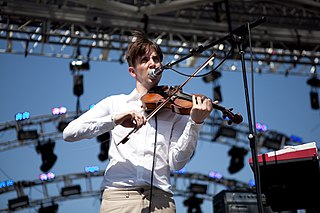A Quote by Rob Lowe
David Mamet, Tim Kazurinsky, and Denise DeClue, who adapted [ About Last Night]. Between the three of them... I mean, it's always down to the writing. You're only as good as your writing.
Related Quotes
At last I understood that the way over, or through this dilemma, the unease at writing about 'petty personal problems' was to recognize that nothing is personal, in the sense that it is uniquely one's own. Writing about oneself, one is writing about others, since your problems, pains, pleasures, emotions—and your extraordinary and remarkable ideas—can't be yours alone. [...] Growing up is after all only the understanding that one's unique and incredible experience is what everyone shares.
I was able to notice in a very early stage, there were discrepancies between the people who are writing the songs and discrepancies about the self that I was writing about. I was feeling that there were all these different people, both writing the record and having the record being written about them, even though ostensibly it was me sitting down and documenting a series of life experiences. Part of that, when I recognized this unconscious thing I was doing, was about these spaces, about these gaps.
I feel like you become a songwriter when you claim that it's sort of like a switch flipped, and you're always writing. Even in your sleep, you're always thinking about it in the back of your mind. The true writing - when you're officially writing - that's just when its front of mind, but its always there. You're always listening for a hook.




































